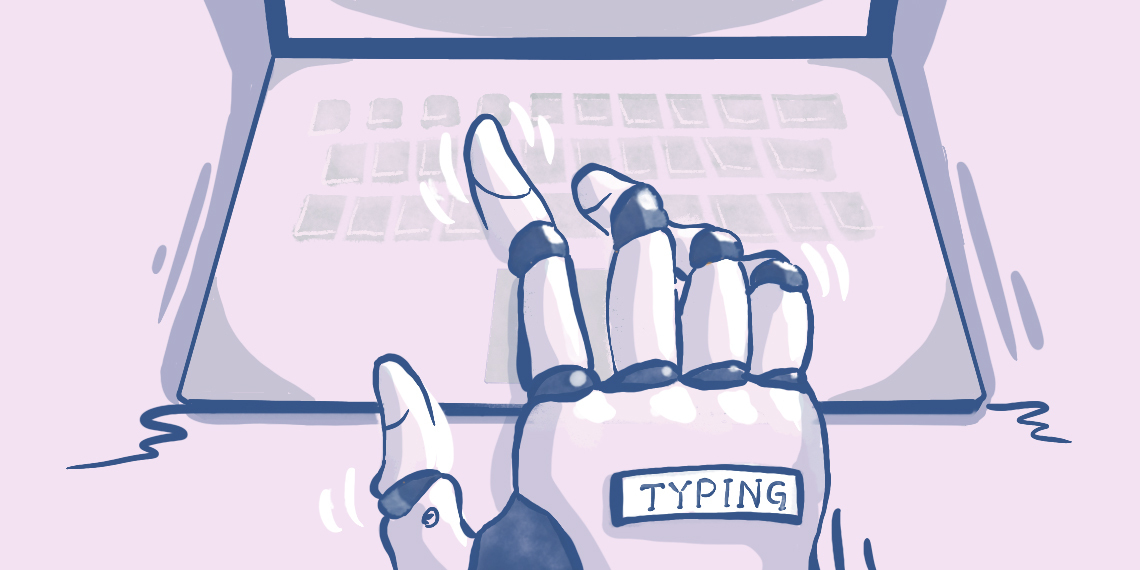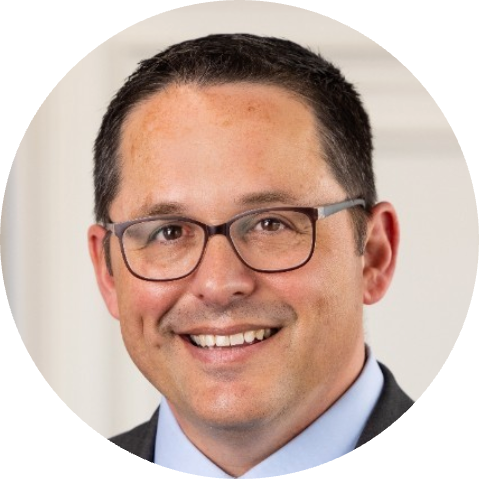Helpmate vs. threat: HR execs discuss unlocking the AI-powered future of work

It would be impossible to overstate the impact AI is having on the business of people management, yet it is curious that an industry focused entirely on human beings so often makes them incidental in conversations around the hottest tech innovation.
“The future of work will always be built on human connection,” Eric Mosley, CEO of the employee experience software company Workhuman, reassured thousands of HR managers gathered in Austin for its annual Workhuman Live convention last week, which served as a crucible for industry conversation around keeping the focus on people even as machine-powered solutions command center stage.
“HR is the only department with ‘human’ in the title, yet we are constantly asked to do inhumane things,” Jeff Harry, a consultant and speaker, noted during a presentation called “What the ‘Barbie’ Movie Can Teach Us About Psychological Safety and Leadership in the Workplace.”
What does Barbie have to do with people management? “It is at this moment where we’re either going to go back to the old patriarchal ways or we’re going to create a brand-new human-centered leadership model,” Harry explained, zinging many old-school leaders who apparently didn’t get the memo. “The reason they’re rushing to AI is because they don’t like people,” he insisted. “They’re hoping they can just run to AI and be like, ‘That will solve everything.’ It won’t, and you know it won’t.”
At the same time, there is little question that AI is generally becoming viewed more as a helpmate than a threat by the workforce and those charged with managing it, which is why employee experience software firms are focused on creating AI-centric products. For example, Workhuman last week introduced a generative AI assistant to its workplace intelligence platform Workhuman iQ that enables business decision makers to get quick responses to questions like, “Who within the organization is demonstrating our company values?” and “Who are the best internal candidates for this role?” with a few keystrokes.
Tom Libretto, president of Workhuman, stressed the role of AI in boosting productivity by saving time and energy. “Our point of view is that it really is almost a turbocharger of productivity,” he said, noting that any innovation that can give time back to people offers employers an undeniable ROI. However, he cautioned against companies that jump on “the AI hype cycle” without the necessary data to drive life-enhancing use cases, stressing the importance of an extensive and genuine data set to train AI models effectively.
“AI is a disruptive topic right now, but every organization knows they have to get on board,” said Zoe Peterson-Ward, chief customer officer at Workhuman, who was quick to point out the need for responsible implementation and governance to prevent AI from overshadowing the all-important human element. “We don’t want it to take us over,” she said. “We’ve got to figure out how we’re going to apply it, how we’re going to govern it, so that we use it responsibly.”
Dominique Brewer, U.S. head of culture and engagement and HR chief of staff for pharmaceutical company Takeda, emphasized the importance of our all becoming proficient in the latest technology to remain vital. “Being able to have an active role … realizing that technology is in every single part of the employee experience and lifecycle, if you’re not involved in that and they can’t come to you for that advice, then you’re definitely going to be deemed as irrelevant and not adding value or being a stakeholder that they want to engage in,” she said in Austin.
Brian Fisher, global solutions lead at HR consultancy Mercer, outlined a holistic approach to AI adoption, emphasizing designing work, developing skills and deploying talent effectively as essential elements. “AI can help us do things better, faster and more efficiently, but how can we harness it to ensure that the work we’re doing is enriching for employees?” he said.
John Land, a partner at Mercer, emphasized the inevitability of AI’s impact on the future of work — and on us all. “Today is the slowest day of change any of us will experience for the rest of our lives,” he warned, and things will only continue to accelerate.
But he offered a reassuring reminder that, as humans, “we have always been adapting.”
